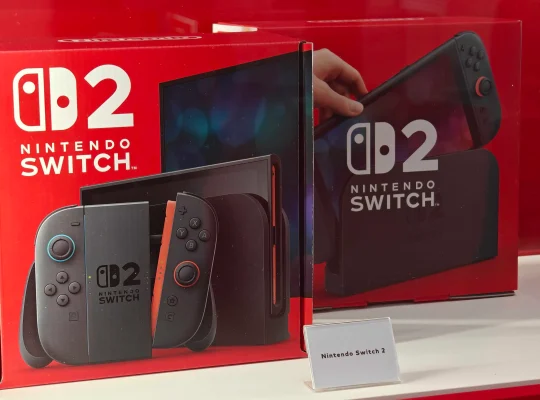Electronic Arts, the publisher behind franchises like FIFA, Madden NFL, and Battlefield, is set to leave the public markets in a record-breaking $55 billion buyout deal. A consortium led by Saudi Arabia’s Public Investment Fund (PIF), Silver Lake, and Affinity Partners will take the gaming giant private, marking one of the largest acquisitions ever in the video game industry.
The agreement values EA shares at $210 each, representing a premium of about 25% compared to recent trading levels. EA’s board of directors has already approved the deal, which is expected to close in fiscal Q1 2027, pending regulatory and shareholder approvals. Once finalized, EA will no longer be listed on public stock exchanges.
Who Is Behind the Deal
The buyout is spearheaded by Saudi Arabia’s sovereign wealth fund, which has been aggressively investing in the gaming sector in recent years. Partnering with them are U.S.-based private equity firm Silver Lake and Affinity Partners, an investment firm led by Jared Kushner. Together, the group will contribute around $36 billion in equity while financing the remaining $20 billion through debt.
This strategic move highlights the growing global appetite for gaming investments, with Saudi Arabia seeking to establish itself as a powerhouse in the entertainment and gaming sectors.
Why EA Is Going Private
For EA, the decision to go private comes at a time when the company faces increasing competition, rising development costs, and mounting criticism over monetization practices. Operating outside the public eye could give EA greater flexibility to pursue long-term strategies without the constant pressure of quarterly earnings reports.
Analysts also suggest the new ownership could push EA toward expanding live-service models, accelerating esports initiatives, and exploring deeper integrations with streaming and cloud platforms.
What It Means for Gamers and Employees
While day-to-day operations and ongoing game development are expected to continue, the buyout raises questions about EA’s creative direction under new ownership. PIF’s growing influence in the global gaming market may spark discussions over cultural and political implications, while private equity involvement could drive restructuring within the company.
For employees, the shift could bring both opportunities and uncertainty. Without public shareholder demands, EA may be able to experiment more freely, though restructuring could also result in leadership changes or shifts in focus.
A Landmark Deal in Gaming
The $55 billion acquisition not only underscores the increasing value of major gaming publishers but also reflects the industry’s role in global investment strategies. If completed as expected, EA’s privatization will stand as one of the most significant shake-ups in gaming history, potentially reshaping the company’s future and its role in the wider industry.










